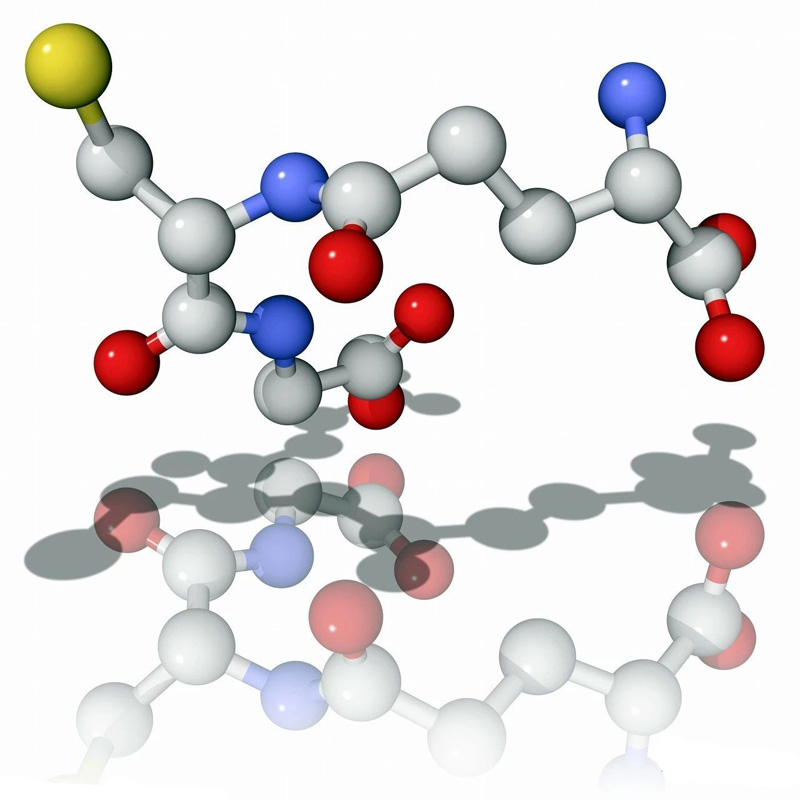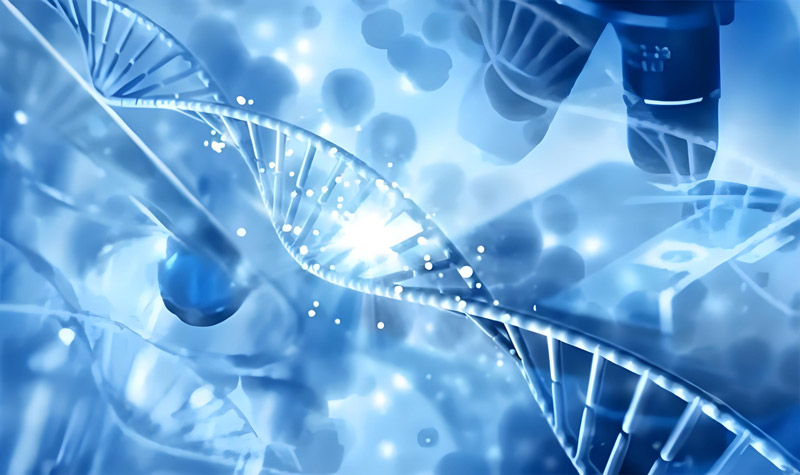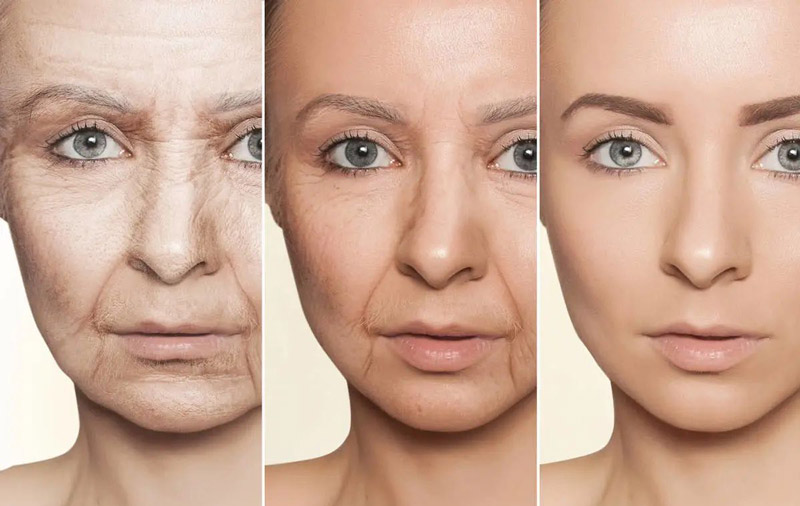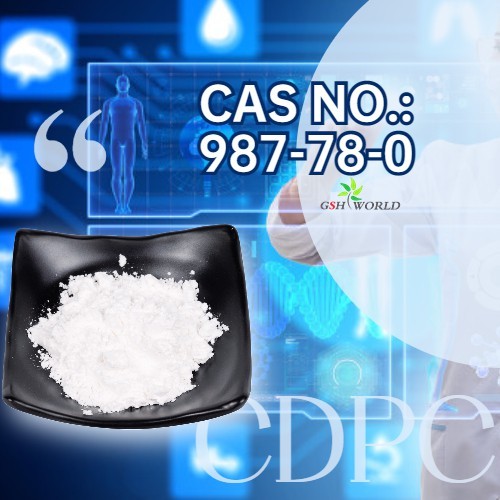What exactly is Glutathione?
Why is glutathione so important?
In this day and age, exposure to toxins is unavoidable. A healthy and well-nourished person is able to continuously remove toxins.
Due to the increase in environmental pollution, the depletion of glutathione stores in the body is getting faster and faster.
The liver is the body's largest detoxification organ and is high in glutathione.
Studies have shown that decreased levels of glutathione can cause damage to liver function, and more and more toxins remain in the body, eventually causing damage to cells and organs.
Unfortunately, with age, disease, and even exercise, intracellular glutathione levels decline.
All cells in the body have to produce glutathione themselves, so the raw material for glutathione synthesis needs to be constantly replenished.
Glutathione provides raw materials for cells to store and synthesize glutathione.
Methods for increasing glutathione
There are many synthetic drugs that can increase glutathione.
The most commonly used is acetylcysteine, which is not suitable for long-term application because of adverse reactions.
Glutathione is a natural dietary supplement that effectively upregulates glutathione levels without adverse effects.
Which diseases are linked to glutathione?
Paracetamol poisoning, Addison's disease, aging, AIDS, Alopecia, Alzheimer's disease, anemia (hemolytic), ankylosis, arteriosclerosis, rheumatoid disease, arthritis, asthma, loneliness, autoimmune diseases, Behset's disease, burns, dyskinosis, tumors, Candida infection, cardiomyopathy (idiopathic), Chronic fatigue syndrome, colitis, coronary heart disease, cystic fibrosis, depression, diabetes mellitus, segmental enteritis, eczema , emphysema, African Lymphadenoma virus (EBV) syndrome, fibromyalgia, free radical overload, Goodpascher's syndrome, Grave's disease, chronic headache, liver dysfunction (liver disease), hepatitis B, Hepatitis C, hypercholestromatosis, herpes, viral, bacterial and fungal infections, intestinal inflammatory diseases, lupus erythematosus, macular degeneration diseases, malnutrition, Meniere Disease, multiple sclerosis, myasthenia gravis, neurodegenerative diseases, nutritional diseases, Parkinson's disease, pemphigus vulgaris, primary biliary cirrhosis, prosenile disease, psoriasis, rheumatic fever, sarcoidosis, scleroderma, herpes zoster, stroke, surgery, poisoning, trauma, Vasculitis, leukoplakia, and Wegner's granulomatosis.
Can increasing glutathione effectively treat these diseases?
Yes, please search on MEDLINE at the National Library of Medicine website (more than 46,000 articles since 1967).
Why does taking glutathione tablets not work?
When glutathione is taken orally, most of it is destroyed in the digestive tract and only a small portion enters the bloodstream.
Glutathione is not effectively elevated.
Why does cysteine tablets not work?
Free cysteine is potentially toxic.
Oxidation occurs on its own in the gastrointestinal tract and blood and cannot enter cells.
Glutathione provides the cell cystine ---- two cysteines, a stable substance bound by disulfide bonds.
Cystine passes safely through the gastrointestinal tract and blood.
once inside the cell, it is broken down into two cysteine, which is an important precursor to the synthesis of glutathione.







